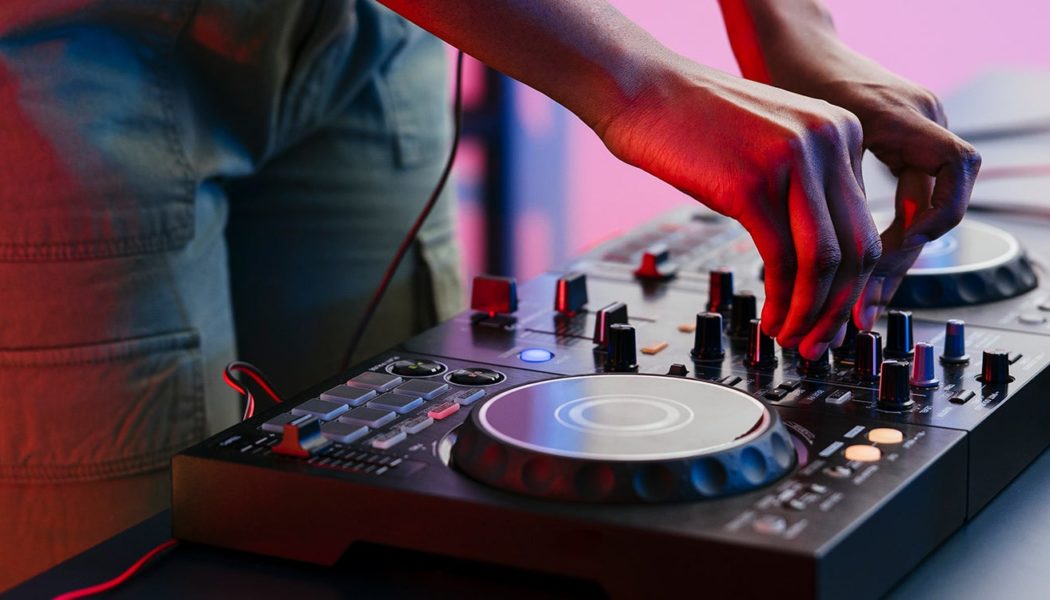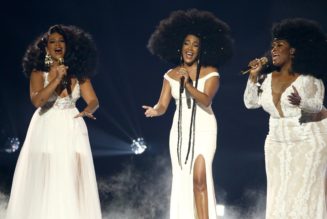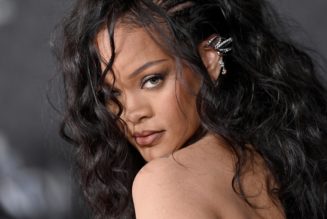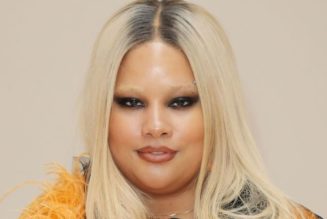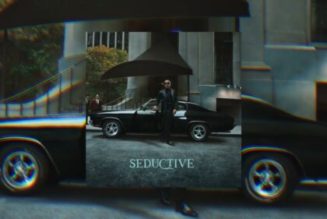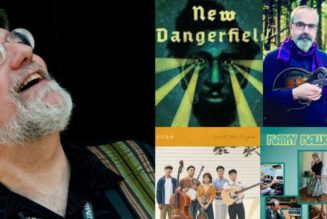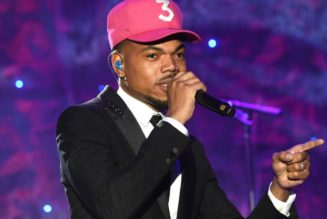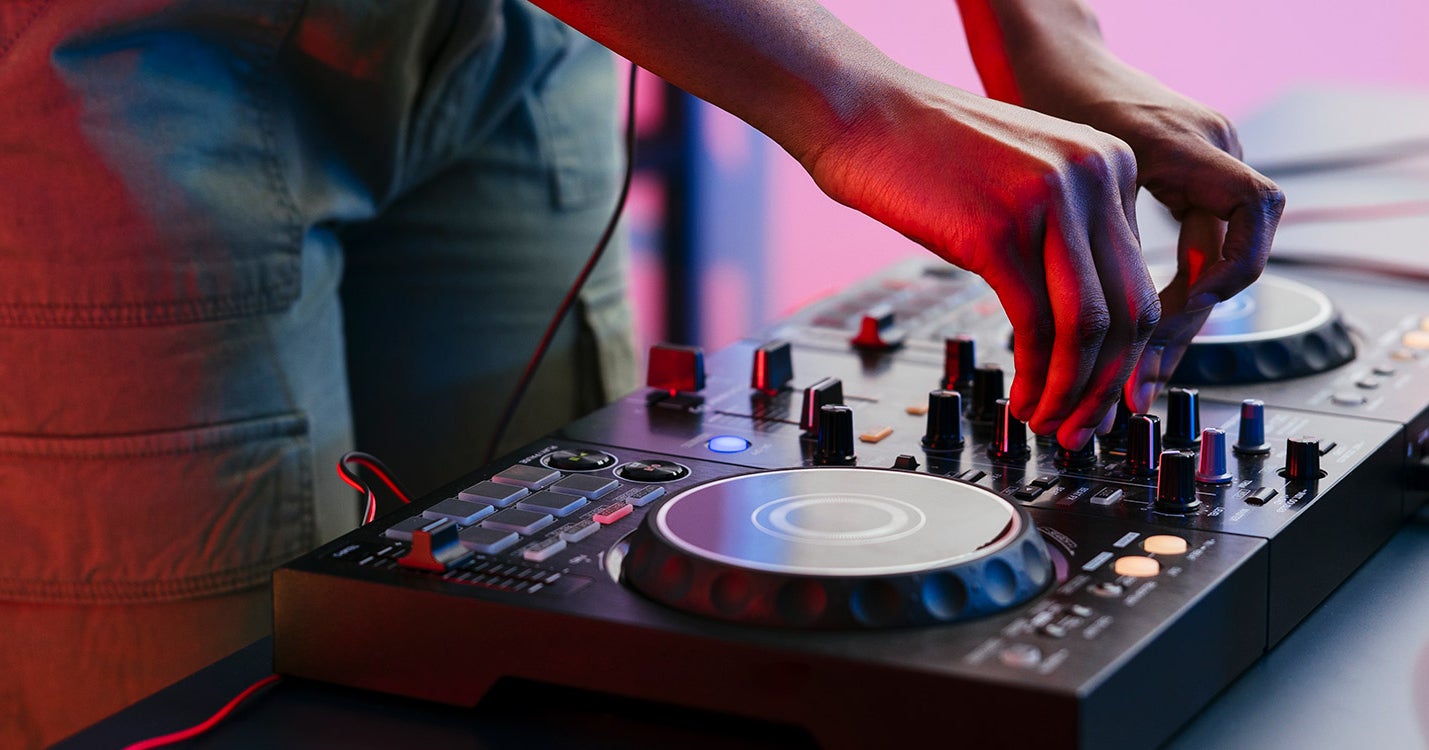
African music has gone global. Just one scroll through your FYP on TikTok, and you’ll see how much music straight from the continent is influencing pop culture. Whether it’s a nostalgic run through popular early 2000s Nigerian R&B hits, a catchy love song by a Somali auntie, or a ridiculous Nollywood tune about scamming white people becoming one of the clock app’s most popular trending sounds, African music is everywhere. Noticeably, the world has been turned onto amapiano, a hypnotizing genre straight from the underground house scene in South Africa. Simultaneously powerful and smooth, amapiano is here to stay.
My first experience with amapiano was in late summer 2021 at a crowded day party in Brooklyn. The DJ had just finished a particularly rousing Afrobeats section of her set, keeping the crowd on its feet with nonstop Burna Boy, Rema, and even some old school Wizkid. Just when I thought we’d be transitioning, naturally, to the riddims of dancehall and reggae (there’s a flow to these sets, you know), the beat changed, but to something unfamiliar. The sound was decidedly African, but it wasn’t the highlife of Ghana or even the soukous of the Democratic Republic of the Congo and the Republic of the Congo. It had a curious mix of percussive shakers and drums, guitar riffs, smooth piano melodies, and vocals, all blended together to create an addictive tune. While some of the crowd was familiar with the vibe, the rest of us spent the first song or two looking at each other in bewilderment while moving almost instinctively to the new rhythms. We didn’t know exactly what we were dancing too — the lyrics weren’t in English, but possibly Zulu or Xhosa — but everyone knew it sounded and felt good.
“Amapiano is here,” the DJ announced enthusiastically over the mic. She was right; more than a year later, you can’t escape the amapiano wave. The genre is everywhere, and while some of us are just now falling into its groove, many African DJs have been predicting its global spread for years. They’ve simply been waiting, with endless setlists ready, for us to catch on.
“It’s hard for me to pinpoint exactly when I got hip to amapiano because I’m always doing research,” DJ Atracta, a Lagos-based DJ, explains to me during a Whatsapp call. “I’ve always had my ears to the streets, so I naturally came across it.” Atracta, who’s been honing her craft as DJ since her college days almost a decade ago, credits her eclectic music tastes, in part, to her time working as a waitress at a strip club, where she was able to hear all sorts of sounds and learn directly from the club’s DJ. Combined with her natural ear for good music, it didn’t take long before her friends and family went from asking her to make them custom playlists to bugging her to become a DJ. They trusted her to put them on to the best sounds — including deep South African house — because she was studying global music every single day, so amapiano naturally fell into rotation in her mixes.
South Africa’s music scene is well-known for its popular house offerings, among which subgenres Kwaito and gqom stand out — Kwaito tapping into the more laidback sounds of house while the dancey bass of gqom feels like a direct ancestor of the punchy amapiano sound. For those who have been tapped into the South African house world for some time, the transition to amapiano was inevitable.
“When I started leaning into the South African house scene, the nightlife there was dominated by gqom, ” Atracta recalls. “So when amapiano popped up, to some people, it felt like a big shift. But the truth is that South Africans have always been on this frequency. If you were already listening to, say, artists like Moonchild Sanelly, you would’ve naturally walked into amapiano.”
What is it about the genre that has so many of us in a chokehold, that has us watching TikToks to learn the pouncing cat or mnike dance? Atracta chalks it up the soul of the music (there is something tantalizingly vibey about amapiano), but DJ Ocross, a Nigerian-American DJ from New York City, says the magic also lies in the unique composition of its instrumentals.
“Amapiano is a perfect fusion of synths, of percussion, of melodic voices,” he says. “In these songs, you’ll hear the voices being used as instruments. But at the same time, amapiano makes you feel like you’re really free. It’s weird to describe it like this, but listening to amapiano feels euphoric. It builds and builds until you’ve reached, like, this peak of energy.”
Ocross, who’s since abandoned the wildness of the club scene in favor of DJ-ing private events like weddings and parties, is excited by the spread of amapiano because it’s brought back dancing at the function. (He’s not the biggest fan of section culture.) At the same time, however, Ocross is somewhat nervous about how big the genre’s gotten, and he’s not alone. Many South Africans are side-eyeing latecomers to the genre, wary of the very real potential for their culture to be commodified and repackaged for the masses. It wouldn’t be the first time that something from Africa has been Christopher Columbus-d by the West. Afrobeats fans have also been notoriously vocal regarding their concerns regarding the appropriation of the sound, never holding back about questionable new collaborations between their faves and certain artists. (Fireboy DML and Ed Sheeran, yes, surprisingly. Wizkid and Tems plus the Biebs? We looked the other way. Rema and Selena Gomez? Jail.) They just don’t want people to use African culture to stay relevant.
“My thing is that I don’t want the culture to get watered down,” Ocross sighs over the phone. “We can’t afford to let things get too westernized, too far away from our roots, just to appeal to the masses. That feels like us losing our identity, and it’s too easy to lose ourselves as we try to assimilate.”
On the other hand, new interest in amapiano and other aspects of African culture should be seen as a plus. As more Black people from across the diaspora make their exodus to Lagos or Accra for Detty December (or on a more permanent basis), and tune into the best new shows coming from the continent, our cross-country connection is strengthened. Listening to DJ Maphorisa or Uncle Waffles could be the first step for Black people whose ancestors were forcibly stripped from their homeland to reconnect with their past. Neither Ocross nor Atracta can deny the positive aspect of that.
“I’m excited for more people to learn about amapiano because at some point, the only place that I could hear it was like in my room or in my car,” Atracta laughs. “But now that it’s blowing up, I’m happy because I can go outside and really dance. I can share this amazing music, and people now understand what it is.”
“I really appreciate this movement bringing more spotlight to South Africa and to Africa as a whole,” Ocross adds. “The world is beginning to understand the rich history of amapiano, of South Africa’s contribution to house music.
Their vision is that this wave continues well into the future, with amapiano artists creating from a space of authenticity, and their audiences receiving the art with open minds, open hearts, and good vibes. Plus, the genre’s addictive quality pretty much guarantees its place in the culture and on our playlists — so you might as well get to dancing.
